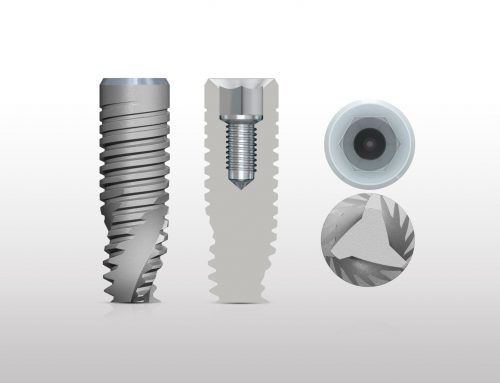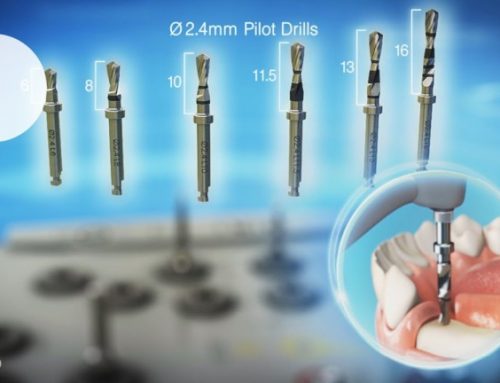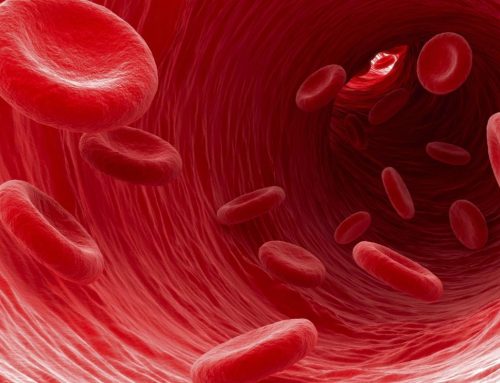Prim. Dr. Tome Tasevski
It is really amazing how people think about our dental work, especially when having done dental implants or crowns. Most of them think that they will go to the dentist, solve their dental problem and that’s it. Even worse is when your dentist, my colleague, tells the patient “I give you a warranty”, for 5 years, for 20 years or even lifetime. Well, my dear readers, you will be disappointed to know that nobody can give you and issue such a warranty. It will never end, but opposite, it is a new dental journey that sometimes opens new frontiers, some with great outcome, but others with a bad one.
Today, I would like to share with you some problems and complications caused by the dental implants, a topic that it is generally very unpleasant among us ( the dentists), but more important, affects most of our past, recent and future patients. Let’s begin:
All the complications can happen at early stages or at late ones, but, what could be a complication:
Post-surgery bleeding
Some bleeding should be expected for about 1-2 days after surgery. Biting gently on a gauze pad placed over the surgery area for 30 minutes should normally stop the bleeding. Excessive bleeding is not normal and you must call your dentist immediately.
Damage to adjacent tissues
teeth
– when drilling, the dentist may damage the crown or the roots of adjacent teeth. A root canal or apicoectomy may be needed to repair the injured tooth roots. The dentist have to study carefully the x-rays or CT-scans before drilling, because tooth roots have sometimes odd shapes.
nerves
– nerve damage is a rare complication of implant surgery in the lower jaw (mandible). The inferior alveolar nerve which runs through the lower jaw may be injured during drilling. Nerve injury may cause pain, numbness or tingling in teeth, gums, lips, tongue or chin. Similar symptoms may occur if the implant is placed right on top of the nerve, causing severe pain when chewing. If the nerve fails to heal and the symptoms insist, the implant might have to be removed. X-rays and computed tomography (CT) scans can help the implant dentist to identify the exact location of the nerve and minimize the possibility of dental implant complications.
sinus
– another dental implant complication in upper jaw surgeries is drilling through the jawbone into the sinus cavity. The dentist can correct the problem with bone graft. To prevent this implant complication the dentist must check carefully the CT scans and proceed to ‘sinus augmentation’ (if needed) to provide sufficient bone for successful implant placement (however there are some reported cases when the perforation was not noticed and the implant was ‘lost’ in the sinus cavity).
jaw
– very rare complication of dental implants is jaw fracture. If there is not enough bone or bone density, the jaw may fracture under the pressure sustained during the surgical procedure (during drilling or implant insertion).
Dental implant complications related with surgical errors affecting adjacent teeth, nerves or sinus are directly linked with the experience and skills of the dentist. An experienced and skilled implant dentist is able to identify potential problems by examining x-rays or CT-scan, design the proper surgery plan and execute it successfully without complications. Although there is always a possibility of implant complications, the right selection of implant dentist is a main factor for a successful treatment.
Infections of the implantation area
Infections of the implantation area is the most common of the dental implant complications. Implant infection is a condition referred as peri-implantitis which is characterized by inflammation or swelling of the tissues surrounding the implantation area. Peri-implantitis is a form of periodontal disease that can lead to inflammation, bone loss and implant failure if not treated properly. Although implant infections are usually caused by the presence of bacteria during or immediately after the oral surgery for the placement of the implant, an implant infection can happen months or years after surgery. Read more in https://implantme.com/periimplant-diseases-or-how-i-learned-to-stop-worrying-and-love-the-bomb/
Dental implant inflammation
Inflammation and swelling of the surrounding tissues is the immediate symptom of implant infection. Improper placement or size of the abutment and crown restoration, that puts under pressure and traumatizes the soft tissues around or beneath it, may also cause dental implants complications. Dental implant inflammation triggers a response from the body’s immune system that attacks the infected gingival and bone cells. This can result to bone loss around the implant and if it continues the implant will become loose and will have to be removed. The dentist has to eliminate the inflammation as soon as possible to prevent further bone loss that can cause implant failure. The inflammation can be treated by antibiotics and cleaning if caused by implant infection, or by removing or adjusting the defective restoration if caused by trauma.
Several groups of patients are at higher risk of experiencing dental implant complications. These include:
- Patients with severe jawbone loss or low bone density
- Heavy smokers
- Patients with chronic diseases like diabetes, hemophilia, or immune system deficiencies
- Patients who have a chronic bruxism problem
The dental implant dentist must be aware of these issues before the procedure so that the treatment plan is adjusted accordingly. Read more in https://implantme.com/risk-factors-contraindications-vs-nature/
The most difficult issue that I have experienced on some patients was that after implant failure the bone resorption can be more severe. Now, what can we do for these cases? Simply, we need to take out all the implants and prosthetics, reconstruct the damage using and filling it with bio materials as artificial bone and wait the biology to react and solve the problem. Afterwards, we (the patient and the dentist) pass the same circle from the begging placing new dental implants, wait for the osseointegration and do new prosthetics.
All the biology complications are very unpleasant both for the patient and the dentist. Be careful when warrantee is given! It is the worst marketing trick by the dentist to his patient. The simple fact is that: NOTHING LASTS FOREVER !






